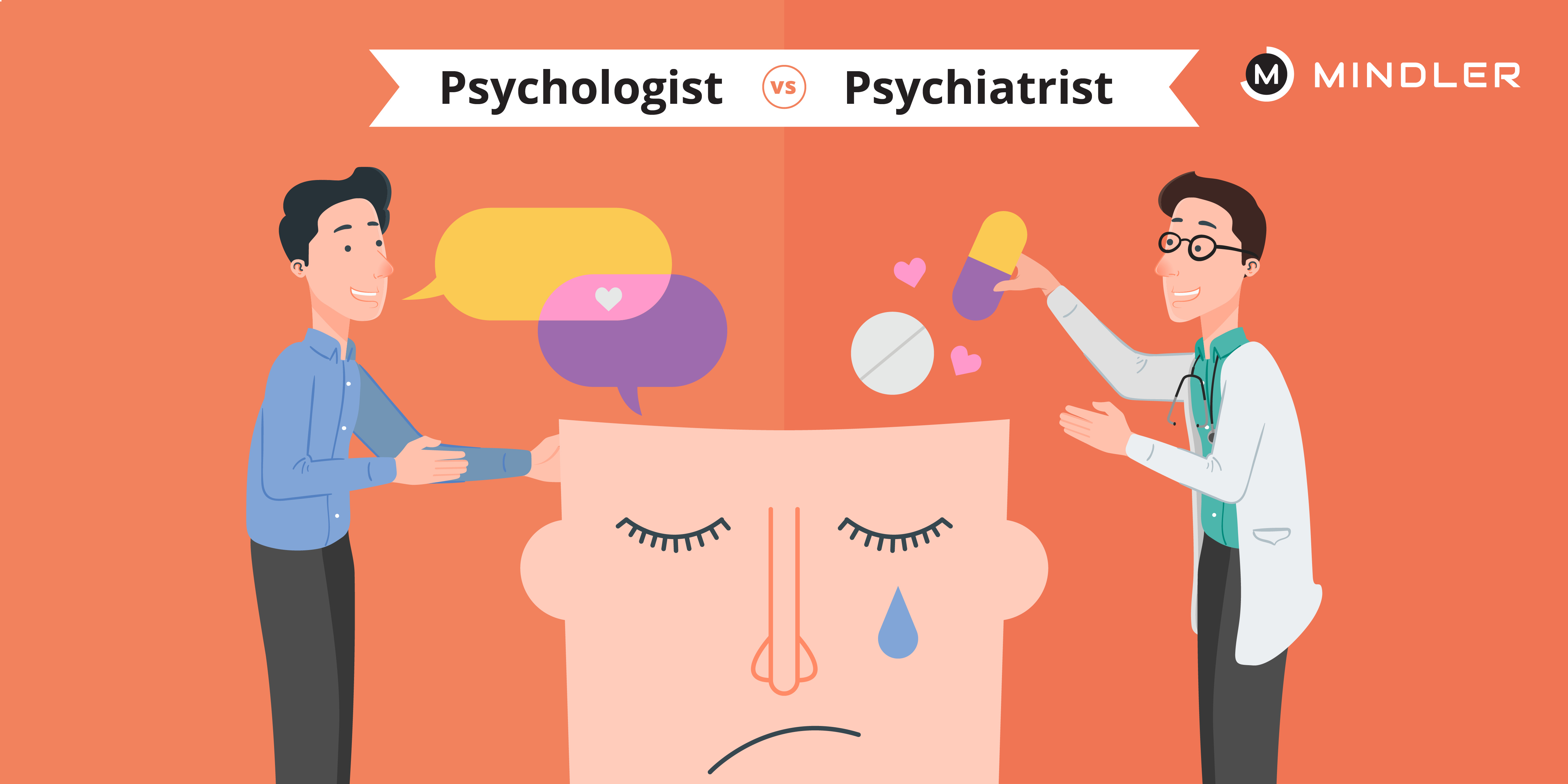Finding the Best Psychologist in Delhi: A Guide to Your Mental Health Journey
The Role of Psych Therapy in Managing Anxiety and Clinical Depression
Psychiatric therapy has actually become a foundation in the administration of stress and anxiety and anxiety, providing tailored treatments that vary from Cognitive-Behavioral Treatment (CBT) to mindfulness-based techniques. These techniques not only aid people in identifying and restructuring negative thought patterns yet likewise foster present-moment understanding, minimizing the tendency to ponder. As we discover the different dimensions of psychotherapy, it comes to be obvious that these techniques do greater than just alleviate signs and symptoms; they dramatically improve emotional law and social skills - Best Psychologist in Delhi. What continues to be to be checked out is exactly how these therapeutic approaches can be successfully tailored to fulfill private needs, therefore enhancing their impact.
Understanding Anxiety and Depression
Understanding anxiety and clinical depression needs a detailed look at these prevalent psychological health and wellness conditions, which frequently exist side-by-side and substantially influence a person's daily life. Conversely, clinical depression materializes as a prevalent sensation of unhappiness, emptiness, or hopelessness, commonly gone along with by a loss of interest in formerly enjoyed tasks, changes in cravings, and sleep disruptions.
The coexistence of anxiousness and depression can aggravate signs and make complex medical diagnosis and treatment. Individuals experiencing both conditions might experience more extreme symptoms, higher problems in work and social performance, and a longer duration of health problem. This comorbidity necessitates a nuanced understanding and method to therapy.
Neurobiological elements such as natural chemical inequalities, genetic tendencies, and ecological stress factors add to the advancement and upkeep of these problems. Cognitive patterns like unfavorable reasoning and maladaptive actions can perpetuate these conditions. Comprehending the elaborate interaction of these variables is essential for efficient treatment. Comprehensive analysis by psychological health and wellness experts is necessary to discern the visibility and level of these problems, leading the way for tailored healing strategies.
Kinds Of Psychotherapy
Psychotherapy, also called talk treatment, incorporates a selection of therapy techniques developed to reduce symptoms of anxiety and clinical depression by addressing the underlying emotional and psychological concerns. Various types of psychotherapy are tailored to fulfill the special requirements of individuals, providing a series of strategies to psychological healthcare.
One widely made use of type is psychodynamic therapy, which concentrates on understanding and settling subconscious conflicts originating from very early life experiences. By discovering these deep-rooted problems, patients obtain understanding right into their present behavior and mood.
Interpersonal Treatment (IPT) is one more reliable technique that concentrates on enhancing interpersonal partnerships and social functioning to lower depressive signs. It generally resolves problems such as grief, function changes, and interpersonal disagreements.
Humanistic therapies, such as Client-Centered Treatment, emphasize personal development and self-actualization. Best Psychologist in Delhi. These methods develop a supportive atmosphere where people can explore their sensations and create a stronger feeling of self
Last But Not Least, Dialectical Habits Treatment (DBT) combines cognitive-behavioral methods with mindfulness practices. Initially developed for borderline character problem, DBT has actually been adapted to treat anxiousness and clinical depression by training skills in distress resistance, emotional regulation, and interpersonal effectiveness.
These diverse psychotherapeutic strategies offer several paths to psychological wellness and well-being, dealing with private choices and therapeutic needs.
Cognitive-Behavioral Treatment (CBT)
Amongst the various psychotherapeutic modalities, Cognitive-Behavioral Treatment (CBT) attracts attention for its structured, goal-oriented method in treating stress and anxiety and anxiety. Created by Aaron T. Beck in the 1960s, CBT is predicated on the concept that maladaptive thinking patterns contribute considerably to emotional distress and behavioral issues. By determining and restructuring these unfavorable idea patterns, CBT intends to relieve signs and symptoms and foster much healthier cognitive procedures.
CBT is generally short-term, i loved this spanning 12 to 20 sessions, and involves a collaborative initiative in between specialist and individual. The treatment includes a range of techniques, including cognitive restructuring, direct exposure treatment, and behavior activation. Cognitive restructuring concentrates on challenging and modifying altered cognitions, while direct exposure treatment slowly accustoms clients to anxiety-provoking stimuli, reducing evasion habits. Behavioral activation seeks to raise involvement in satisfying activities to counteract depressive states.
Empirical evidence emphasizes the efficiency of CBT, with various studies showing its effectiveness in lowering signs and symptoms of anxiousness and clinical depression. This restorative approach has actually been adjusted for various populations and settings, showing versatile and adaptable. Its structured nature, empirical assistance, and focus on ability acquisition make CBT a keystone in the psychotherapeutic treatment of anxiousness and depression.
Mindfulness-Based Strategies
Mindfulness-Based Techniques have amassed significant interest in the last few years as effective treatments for anxiousness and depression. Rooted in ancient reflection techniques, these techniques aim to cultivate an enhanced understanding of the present moment, which can assist people disengage from the ruminative idea patterns typically linked with anxiety and depressive conditions.

Likewise, Mindfulness-Based Cognitive Treatment (MBCT) integrates concepts from Cognitive-Behavioral Therapy (CBT) with mindfulness approaches. MBCT is especially effective in avoiding regression in people with persistent anxiety. By acknowledging early indication of depressive episodes, people learnt MBCT can use mindfulness methods to reduce the start of full-on episodes.
Advantages of Psychiatric Therapy
Many studies have actually demonstrated the extensive benefits of psychiatric therapy for people grappling with anxiety and clinical depression. Psychotherapy outfits clients with dealing strategies to take care of upsetting feelings, thus lowering symptoms of stress and anxiety and depression.
In addition, psychotherapy gives a structured setting for self-exploration and insight. By discussing their experiences and sensations with a qualified specialist, individuals can discover underlying concerns adding to their psychological wellness struggles. This self-awareness is a critical step towards lasting recovery and durability.
An additional significant benefit is the improvement of social skills. Stress and anxiety and clinical depression often strain connections, bring about isolation. With restorative treatments, patients learn efficient interaction and conflict-resolution abilities, which can improve their interactions and foster visit this website helpful connections.
In addition, check here psychiatric therapy offers a tailored method to therapy. Specialists can adjust strategies to fulfill the distinct needs of each client, ensuring a customized treatment strategy. This personalization boosts the effectiveness of treatment, promoting continual mental health and wellness enhancements. Ultimately, the advantages of psychotherapy expand beyond symptom relief, adding to general health and quality of life.

Final Thought
Psychotherapy substantially adds to the administration of stress and anxiety and anxiety by using efficient coping methods and a safe atmosphere for self-exploration. Methods such as Cognitive-Behavioral Therapy (CBT) and mindfulness-based approaches are instrumental in identifying and reorganizing adverse idea patterns, while promoting present-moment awareness. These customized treatments not only reduce symptoms yet additionally improve emotional regulation and social abilities, thus improving total wellness and lifestyle for individuals encountering these mental health obstacles.
Psychotherapy has arised as a foundation in the management of anxiousness and depression, offering customized interventions that vary from Cognitive-Behavioral Therapy (CBT) to mindfulness-based approaches.Recognizing stress and anxiety and clinical depression needs a comprehensive appearance at these common psychological health and wellness problems, which typically coexist and dramatically impact a person's daily life.Amongst the various psychotherapeutic methods, Cognitive-Behavioral Therapy (CBT) stands out for its structured, ambitious method in dealing with anxiety and anxiety.Many studies have shown the profound benefits of psychiatric therapy for people grappling with stress and anxiety and depression. Psychotherapy outfits patients with coping approaches to manage stressful feelings, thereby minimizing signs and symptoms of anxiety and anxiety.